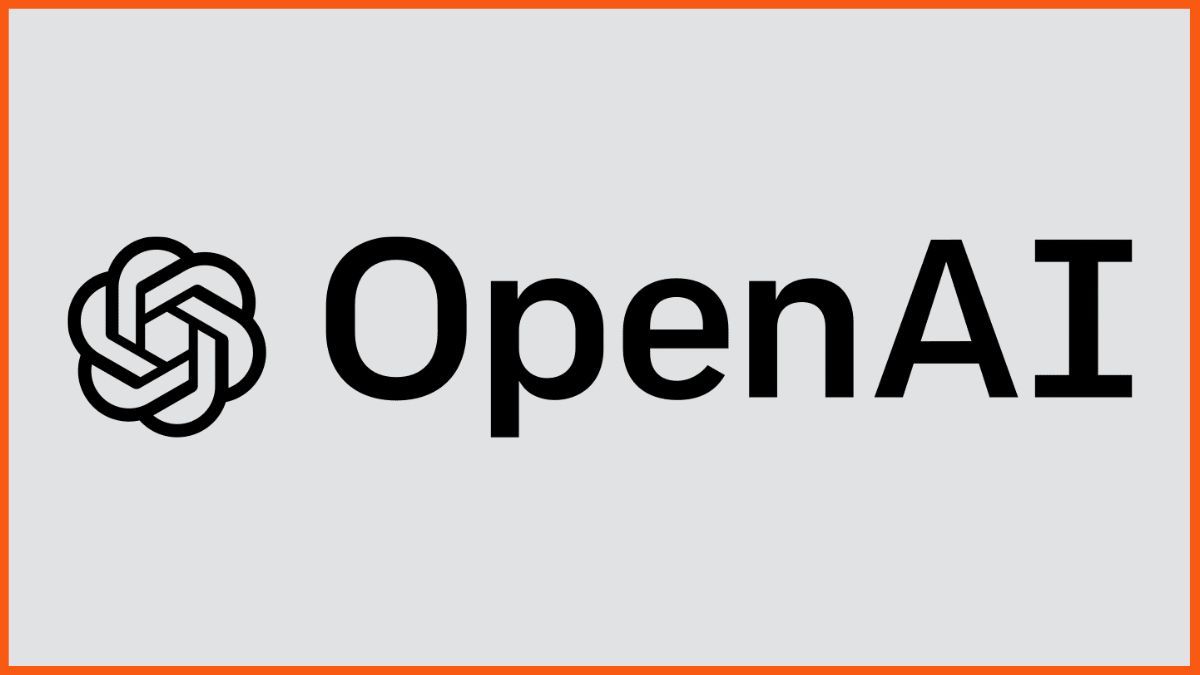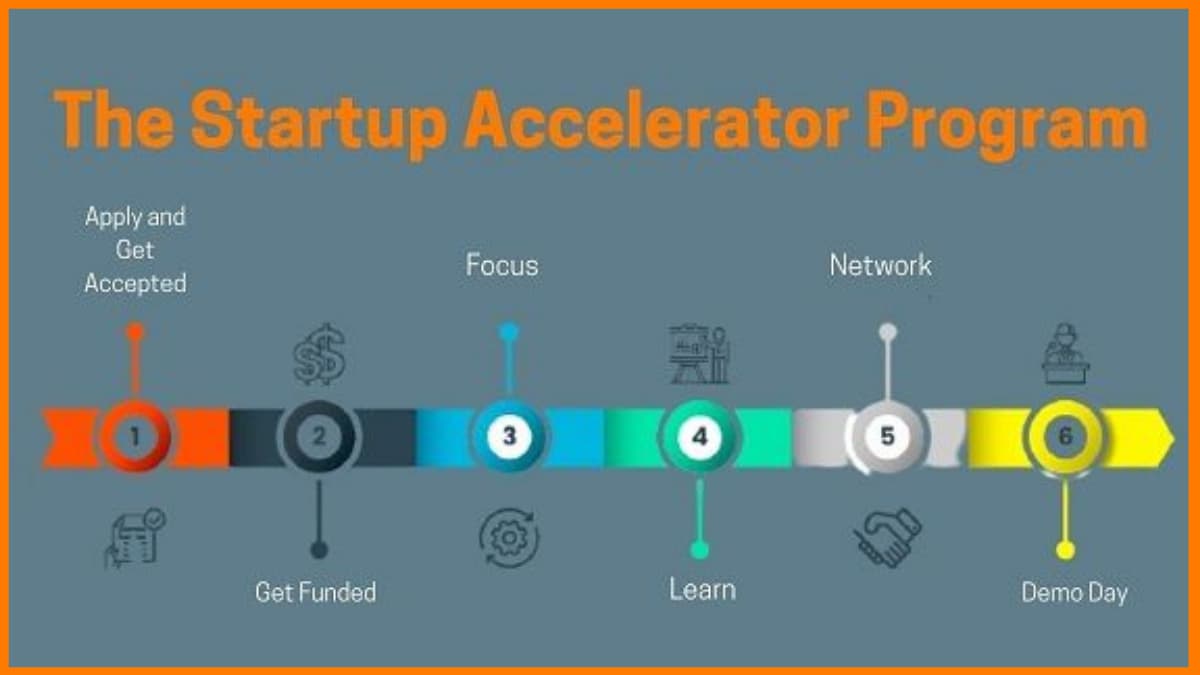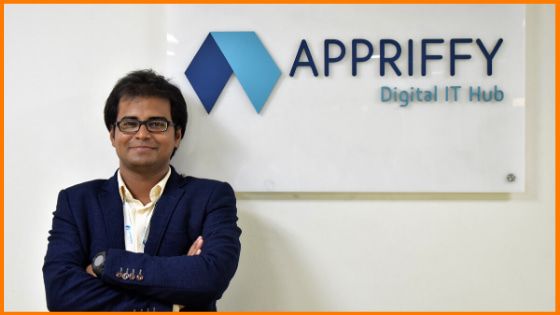The field of entrepreneurship is more of a roller coaster ride with various personalities and stories. These stories of perseverance and struggle create the basis of entrepreneurship and create unique experiences. And the same is true of the story of Samuel H. Sam Altman.
So, who is Sam Altman? He is an American entrepreneur, investor, programmer, and blogger. His success can be attributed to his previous role as the former President of Y Combinator and the current CEO of OpenAI. This article will provide information about Sam Altman’s net worth and his path to success.
This StartupTalky article explores Sam Altman’s success story, including his early life, history, childhood, personal life, education, work history, awards, net worth, and more.
Sam Altman Biography
| Name | Samuel H. Altman |
|---|---|
| Born | April 22, 1985 |
| Birthplace | Chicago, Illinois, US |
| Citizenship | American |
| Education Qualification | John Burroughs School, Stanford University (dropped out), University of Waterloo |
| Title | CEO of OpenAI, Chairman of Oklo Inc., Chairman of Helion Energy |
| Net worth | $1.5 billion (2025) |
Sam Altman – Education and Childhood
Sam Altman – Professional Life as an Entrepreneur
Sam Altman – Professional Life as an Investor
Sam Altman – Association with Nuclear Energy
Sam Altman – Association with OpenAI
Sam Altman – Politics
How to be Successful? – Tips from Sam Altman
Sam Altman – Awards and Recognitions
Sam Altman – Controversy
Sam Altman – As an Inspiration
Sam Altman – Education and Childhood
Sam Altman is a highly successful American entrepreneur, investor, programmer, and blogger. His rise to fame can be attributed to his impressive career and impact in the technology industry. Born in April 1985 in Chicago, Illinois, Sam grew up in St. Louis, Missouri, where he received a personal computer at the age of 8. This sparked his interest in programming and set him on a path towards his future success. Sam Altman has been a vegetarian since childhood.
Sam Altman’s education started at John Burroughs School and completed his high school studies there. He was later admitted to Stanford University but had to drop out in 2005. Despite this setback, Sam continued to pursue his passion for technology and entrepreneurship. In 2017, the University of Waterloo awarded Sam Altman an honorary degree, recognizing his notable achievements in the industry.
Sam Altman’s brother, Jack Altman, is a well-known figure in the technology industry as well. Jack is the CEO and Co-Founder of Lattice, a successful technological employee engagement software. Sam, on the other hand, is best known for his startup, OpenAI, which has made a significant impact in the field of artificial intelligence.
As of 2023, Sam Altman’s net worth is between $500 million and $700 million, reflecting his successful career and impact in the technology industry. He continues to be a leading figure in the industry and is widely recognized for his innovative ideas and impactful contributions to the field of artificial intelligence and technology.
Sam Altman – From Startup to Scaleup

Sam Altman – Life as an Entrepreneur

Starting with Loopt
At the age of 19, Sam began his entrepreneurial journey with his first company, Loopt. It was a location-based social networking mobile app launched during a time when Facebook and Twitter were rising to dominance. Despite the competition, Loopt was successful in securing over $30 million in venture capital. However, the company shut down in 2012 due to a lack of traction and was later acquired by Green Dot Corporation for $43.4 million.
Hydrazine Capital
Established in 2012 by the Altman brothers, Sam and Jack, Hydrazine Capital is an early-stage venture investment firm that secured $21 million for its inaugural fund. Notably, a substantial portion of the fund originated from the proceeds of Altman’s sale of Loopt and contributions from prominent investor Peter Thiel. By 2016, Hydrazine Capital’s valuation had reportedly surged tenfold since its inception. The firm has strategically invested in promising ventures, including ValueBase, Zenefits, BuildZoom, Verbling, and Soylent.
Working in Y Combinator
While working on Loopt, Sam began part-time work at Y Combinator in 2011. His contributions caught the eye of co-founder Paul Graham, who named Sam as the president of Y Combinator.
As president, Sam invested in his first batch of startups, including Loopt, Airbnb, Dropbox, Zenefits, and Stripe. He also aimed to expand Y Combinator’s reach, with a goal of funding 1,000 new companies per year and the creation of YC Group as an umbrella organization for Y Combinator’s various units. In 2005, Sam founded YC Community, a $700 million growth-stage equity fund for YC companies, and Y Combinator Research, a non-profit research lab to which he donated $10 million.
In November 2014, Sam Altman assumed the role of interim CEO at Reddit for eight days, bridging the gap between the tenures of Yishan Wong and Ellen Pao. Reddit, a widely popular online platform, serves as a diverse community where users can share content, engage in discussions, and participate in various forums known as subreddits. Altman’s interim leadership at Reddit marked a transitional phase during a pivotal moment in the company’s organizational structure.
Worldcoin
In 2019, Sam Altman co-founded Tools For Humanity, a forward-thinking company spearheading the development of Worldcoin—an innovative global iris-based biometric system integrated with cryptocurrency. This pioneering project is designed to revolutionize online authentication by offering a dependable solution to combat the prevalence of bots and artificial intelligence-driven fake virtual identities. Setting itself apart, Worldcoin employs a distinctive cryptocurrency distribution mechanism inspired by Universal Basic Income (UBI) to incentivize user participation. To join the network, individuals undergo iris scanning using Worldcoin’s unique orb-shaped iris scanner, aligning biometrics with cryptocurrency in a novel way. Through this groundbreaking approach, Tools For Humanity aims to reshape the landscape of online identity verification and foster widespread adoption of Worldcoin.
AltC
AltC Acquisition Corp., established by Sam Altman and Michael Klein under Klein’s Churchill Capital franchise in July 2021, saw Altman assuming the CEO role. The company successfully merged with nuclear energy firm Oklo in July 2023.
lot of strength and patience. A lot of people tries to become entrepreneur and
fails miserably, because they don’t know the actual fundamentals of being a
entrepreneur. And, on the other hand, there are many people who t…

Sam Altman – Life as an Investor
It is not a surprise that Sam Altman is known for being a successful investor. He has invested in many companies like Airbnb, Stripe, Reddit, Asana, Pinterest, Teespring, Zenefits, FarmLogs, Shoptiques, and many more. His efforts have helped many companies to make a big mark in the startup ecosystem.
He was the CEO of Reddit for around eight days. Being an investor, he developed a way for the community to own a part of the company. This fuelled the popularity of the community and the company on the bigger stage. He was the one who announced the return of Steve Huffman as the CEO of Reddit on July 10, 2015. In Sam Altman’s book How to Be Successful, you can see how Sam was instrumental in the success of Reddit as a company.
Sam Altman – Association with Nuclear Energy
As an entrepreneur, Sam Altman is recognized for his association with Helion and Oklo. He believes that nuclear energy is a crucial area of technological advancement and has played a role in its development for several companies. Sam’s success has no limits, as his association with the nuclear energy sector has helped boost the power of nations.
Sam Altman – Association with OpenAI
Established in December 2015, OpenAI was co-founded by a notable group of individuals, including Sam Altman, Elon Musk, Greg Brockman, Pamela Vagata, Ilya Sutskever, Trevor Blackwell, Vicki Cheung, Andrej Karpathy, Durk Kingma, John Schulman, and Wojciech Zaremba. Originally conceived as a nonprofit entity, OpenAI aimed to advance artificial intelligence (AI) research for the collective benefit of humanity. The company gained prominence for its creation of ChatGPT, a sophisticated conversational language model.
Notably, OpenAI commenced its journey with a significant financial foundation, receiving a generous donation of $1 billion. This substantial contribution came from key figures such as Altman and Musk, as well as Greg Brockman, Reid Hoffman, Jessica Livingston, and Peter Thiel, and institutional support from Amazon Web Services (AWS), Infosys, and YC Research. This diverse and substantial backing underscored OpenAI’s commitment to pursuing AI advancements without being constrained by the typical need for financial returns, aligning with its broader mission to impact humanity positively through digital intelligence research. He details his involvement in the success of OpenAI in his book “How to be Successful.”
Altman was removed as CEO by the board in November 2023 but was reinstated shortly after.
The company released a statement saying, “Mr. Altman’s departure follows a deliberative review process by the board, which concluded that he was not consistently candid in his communications with the board, hindering its ability to exercise its responsibilities, The board no longer has confidence in his ability to continue leading OpenAI.”
This is what he wrote on his X account:
i loved my time at openai. it was transformative for me personally, and hopefully the world a little bit. most of all i loved working with such talented people.
will have more to say about what’s next later.
🫡
— Sam Altman (@sama) November 17, 2023

Sam Altman – Politics
Sam Altman, a tech entrepreneur, has been involved in various political activities. In 2018, he considered running for California governor but opted not to. He later launched “the United Slate” to address U.S. housing and healthcare issues. Altman supported Andrew Yang in the 2020 Democratic presidential race and donated $250,000 to Joe Biden’s super PAC. He advocates for land value taxation and universal basic income (UBI), even proposing a “universal basic compute” idea in 2024. Altman also supported Dean Phillips in his 2024 Democratic presidential challenge. He was appointed to San Francisco Mayor-Elect Daniel Lurie’s transition team and is set to host a fundraiser for Senator Mark Warner in 2025.
How to be Successful? – Tips from Sam Altman
Sam has been associated with many successful startups, and his book gives you many tips from his experience. Here are some tips and strategies that can be used when faced with the question, ‘What product should you build? And How to be successful?’
- Product building: According to Sam Altman, one should build a product that is so good that people share the story about it with their friends. If you can build a product that is so good that people spontaneously tell their friends about it, then 80% of the job is done, says Sam.
- Successful companies and popularity: Sam Altman says that the most successful companies like Google, Facebook, and Twitter are popular because of their popularity. The popularity came when users described the services offered by the companies to their friends.
- Quality of the product: Sam Altman’s startup playbook talks about the importance of quality in determining the future of the company. The product should be easy to understand and use.
- Market: Sam Altman’s blog also highlights the importance of the market for a successful entrepreneur. The entrepreneur should aim for a market that is undergoing exponential growth.
- Trends: In Sam Altman’s book “How to be Successful,” he talks about how trends are also an important factor that can determine the popularity and future of a company. One should ensure that the trend the company follows in terms of choosing a platform is not fake.
Sam Altman – Awards and Recognitions
- Early Accolade (2008): BusinessWeek recognized Sam Altman as one of the “Best Young Entrepreneurs in Technology.”
- Investment Influence (2015): Forbes named Altman the top investor under 30, highlighting his impact in the investment realm.
- LGBTQ Advocacy (2017): GLAAD honored Altman with the Ric Weiland Award for his contributions to LGBTQ acceptance in the tech industry.
- TIME100 Recognition (April 2023): Altman earned a spot on the prestigious TIME100 list in April 2023.
- TIME Cover Feature (June 2023): Altman was featured on the cover of Time in June 2023, celebrating OpenAI’s inclusion in the TIME100 Most Influential Companies list.
- AI Influence (September 2023): Altman was honored on the TIME100 AI list in September 2023, acknowledging his influence in artificial intelligence.
Sam Altman – Controversy
Sam Altman’s resignation: In November 2023, the company’s board fired Sam Altman as CEO of OpenAI. The board cited a lack of candor in Altman’s communications with them as the reason for his dismissal. This surprised many, as Altman was a co-founder of OpenAI and had been a vocal leader in the field of artificial intelligence (AI).
Appointment of Mira Murati: In the wake of Altman’s dismissal, the board appointed Mira Murati as interim CEO of OpenAI on the 17th of November. Murati is a researcher and entrepreneur with a background in AI and robotics, and she was the CTO of OpenAI. She is also a member of the Council on Foreign Relations and a member of the World Economic Forum.
Emmett Shear Joins the Board: On the 19th of November, the board extended Emmett Shear’s role as interim chief, the former CEO of Twitch. Despite concerns about AI, he accepted. Altman’s return followed rumors, possibly fueled by investor pressure, with Microsoft, a major shareholder, potentially influencing the decision.
Altman’s Microsoft Move: On November 21, an internal memo revealed OpenAI’s endeavors to address internal conflicts, exploring the possibility of Sam Altman returning. Unexpectedly, Microsoft’s CEO announced that Altman and others dismissed from OpenAI would be welcomed at Microsoft. The emphasis was on fostering independent identities and cultures for innovators within the company, signaling a notable shift in the tech landscape.
Altman’s Return to OpenAI: Almost 700 out of 770 OpenAI staff considered resigning due to leadership concerns, seeking the board’s resignation. Despite tempting offers, the majority remained loyal. OpenAI approached Anthropic’s CEO for a replacement and merger, but the offer was rejected. On November 22, Altman resumed the CEO role, merely four days after his dismissal by the board, citing a “loss of confidence” in his leadership.

Sam Altman – As an Inspiration
Sam Altman’s entrepreneurial journey has been nothing short of inspiring. His diverse involvement in the startup world has solidified his position as a leading figure in the industry. With a commendable drive to make a positive impact on society, Altman is poised to go down in history as one of the most memorable entrepreneurs of all time. For those looking to follow in his footsteps, Sam has established YC Group, a platform dedicated to supporting and guiding the growth of budding entrepreneurs and their businesses.
FAQs
Who is Sam Altman?
Sam Altman is regarded as one of the most influential entrepreneurs of all time. He is an American entrepreneur, investor, programmer, and blogger. He is also the CEO of OpenAI and the former president of Y Combinator.
Who is the CEO of OpenAI?
Sam Altman is the CEO of Open AI.
Where was Sam Altman born?
Sam Altman was born in April 1985 in Chicago, Illinois.
What did Sam Altman do?
He is the CEO of OpenAI and the former president of Y Combinator.
Who is Sam Altman wife?
Sam Altman has been openly gay since his youth.
What is Sam Altman education?
Sam Altman attended Stanford University but dropped out in 2005 to pursue his entrepreneurial ambitions. He initially studied computer science but left to co-found Loopt, a location-based social networking company, which was later acquired by Green Dot Corporation.
What is Sam Altman net worth?
Sam Altman’s net worth is 1.5 billion USD as of 2025.
What is Sam Altman full name?
Samuel H. Sam Altman is the full name of Sam Altman.
What is Sam Altman age?
Sam Altman was born on April 22, 1985. He is 40 years old.






























